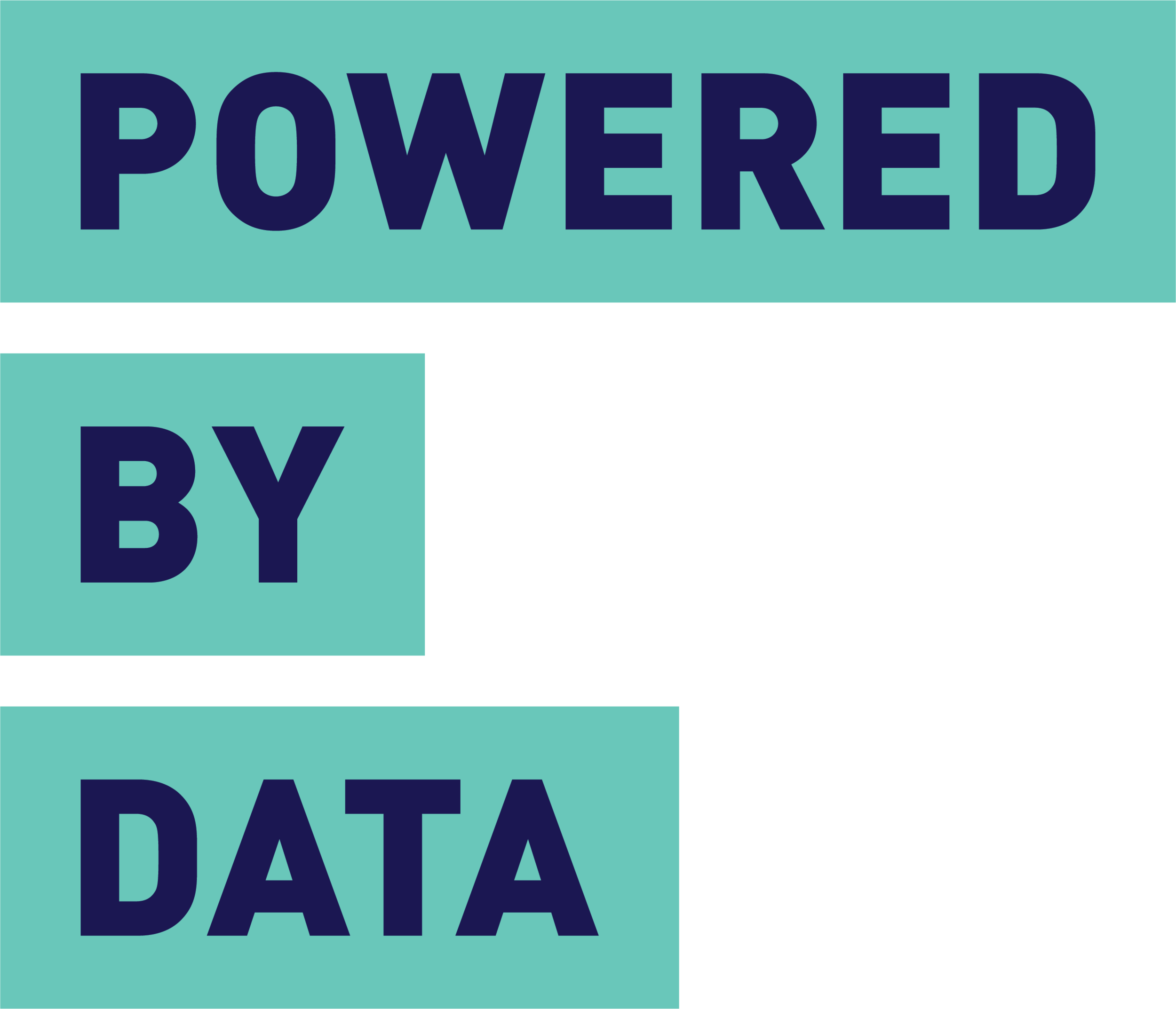Transparency Camp & MFGLive
We recently returned from an amazing trip to DC for the Sunlight Foundation's TransparencyCamp and then a workshop in Seattle at the Bill & Melinda Gates Foundation. In DC, at the TransparencyCamp we hosted a discussion titled "Using open data to enable better philanthropy and international aid".
Data about the non-profit sector is a key resource for grant-makers. As the availability of open charity data looms on the horizon, come listen to exotic Canadians (www.poweredbydata.org) tell wondrous tales of how they use open data to help funders. Participants will explore future applications of linking 990 tax returns, international aid data, government spending data, incorporation data, and non-profits’ digital footprints.
We were fortunate enough to be joined by open data leaders Tim Davies, who works as a very engaged academic, and Chris Taggart, CEO of from Open Corporates. Tim was nice enough to give a short presentation on IATI as well as on the 360 Giving standard that he developed for UK trusts. Chris shared his thoughts with the audience on the crucial role of unique identifiers and what made good identifiers.
Only a few days later we attended a workshop in Seattle. From the Markets for Good website: "Last week [...] our founding partners at the Bill & Melinda Gates Foundation and Liquidnet hosted #MFGLive in Seattle, Washington; the largest gathering to date of the Markets For Good community."
The full list of the attendees is published at the bottom of the posting. We had the chance to see our advisors, Brian Walsh and Lucy Bernholz, as well as meet the CEOs from Techsoup Global, Guidestar, Charity Navigator, and other top organizations working in the area of non-profit data. It was thrilling to be included at that level, especially because were were the only Canadian organization to be invited, and only one of seven non-US-based organizations.
Our only concern was there there was not enough crossover between the two people at those two meetings. From what we've seen, there are not enough serious geeks like Tim and Chris actually designing the strategies to address the problems faced by non-profits. Instead, the technology experts in the NP space seem to have more of a role of implementing the vision of people with other areas of expertise. Seeing the difference for how Open Corporates and the Bridge Project are addressing a very similar problem (Unique IDs) is a good example of the different styles of approach. This is probably a normal state of affairs, because the skill sets of running multi-million dollar non-profits requires other skillsets and experience than programing or product management, but it's interesting to think of the impact that has on strategy.
That said, we're looking forward to building on the relationships we developed on the trip - and on the expectations for our work that brought us there!
